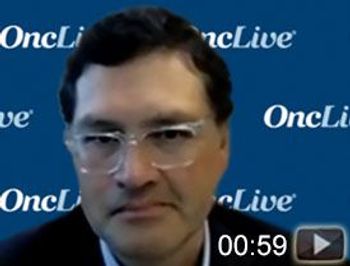
Jesus G. Berdeja, MD, discusses updated safety results from the ongoing phase 1b/2 CARTITUDE-1 trial (NCT03548207) with the CAR T-cell therapy JNJ-4528 in multiple myeloma.


Jesus G. Berdeja, MD, discusses updated safety results from the ongoing phase 1b/2 CARTITUDE-1 trial (NCT03548207) with the CAR T-cell therapy JNJ-4528 in multiple myeloma.
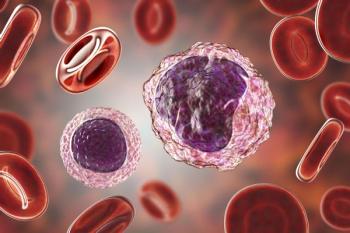
Patients with relapsed/refractory T-cell lymphoblastic leukemia face poor outcomes, and are generally treated by salvage therapy followed by allogeneic hematopoietic stem cell transplant. A new study suggests an optimal option for salvage therapy.

This OncLive® webinar will focus on the delivery of cellular therapeutics, particularly chimeric antigen receptor (CAR) T- Cells in High-Risk Non-Hodgkin Lymphoma. Join us Tuesday, June 30, 2020 at 7 PM EST.
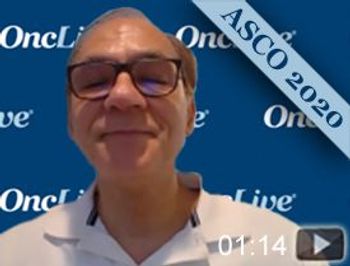
Nikhil C. Munshi, MD, discusses the role of CAR T-cell therapy in relapsed/refractory multiple myeloma.
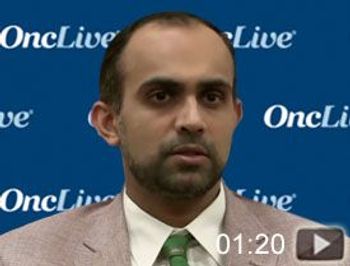
Ankit Kansagra, MD, discusses key updates with CAR T-cell therapy in hematologic cancers.

The FDA has issued a Refusal to File letter to Bristol Myers Squibb and bluebird bio, Inc., regarding their Biologics License Application (BLA) for the BCMA-directed CAR T-cell therapy decabtagene vicleucel.
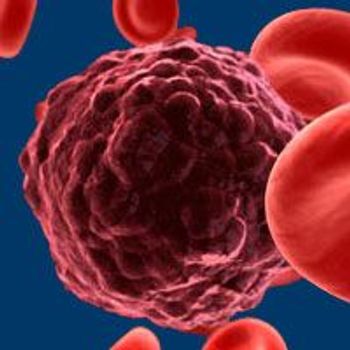
The first-in-clinic universal CAR T-cell therapy TruUCAR GC027 induced promising early response rates and demonstrated a manageable safety profile with no evidence of neurotoxicity events or graft-versus-host disease in adult patients with relapsed/refractory T-cell acute lymphoblastic leukemia.

Nina Shah, MD, highlights some of the recent advances that have been made with CAR T-cell therapy in multiple myeloma, as well as other exciting updates in the space.
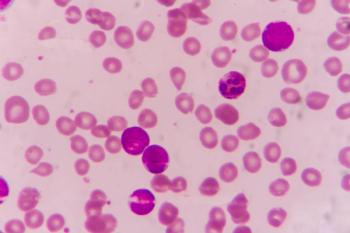
Investigators trying to find a way to stop antigen loss following CD19 CAR T cell therapy found an approach simultaneously targeting CD19 and CD22 is safe and feasible.
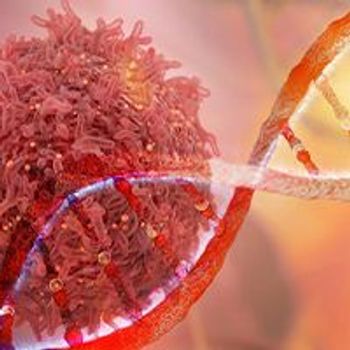
This OncLive® webinar series will focus on the continued impact of the COVID-19 pandemic on the delivery of cellular therapeutics, particularly chimeric antigen receptor T cells. Join us Tuesday, May 19, 2020 at 8 PM EST.
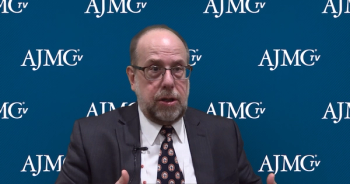
Age and severe comorbidities were among the differences found when real-world data on Medicare patients receiving CAR T-cell therapy was compared to clinical trial outcomes, said Karl Kilgore, PhD, senior research analyst at Avalere Health.

Several challenges arise when using real-world data derived from claims to study the impacts of CAR T-cell therapy on Medicare patients, said Karl Kilgore, PhD, senior research analyst at Avalere Health.

The triplet therapy of ixazomib, lenalidomide, and dexamethasone showed an improvement in progression-free survival, but it was not statistically significant, compared with lenalidomide/dexamethasone alone for patients with newly diagnosed multiple myeloma who were ineligible for stem cell transplant.

Investigators have turned their attention to B-cell maturation antigen, which offers an ideal target for multiple myeloma therapy because of its restricted expression pattern.

Jae H. Park, MD, discusses the challenges in using CAR T-cell therapy in adult patients with acute lymphoblastic leukemia, and also highlights the potential role for off-the-shelf CAR T cells.

Medicare patients' health care utilization, including hospitalizations and emergency department visits, decreased after CAR T-cell therapy, said Karl Kilgore, PhD, senior research analyst at Avalere Health.

Outpatient administration of CAR T-Cell therapy is safe and effective, according to an analysis of 3 studies of lisocabtagene maraleucel in patients with relapsed/refractory large B-cell lymphoma.
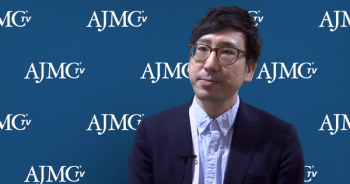
Predicting T-cell toxicity is a key factor when it comes to successfully using CAR T-cell therapy, said Reona Sakemura, MD, PhD, postdoctoral researcher at the Mayo Clinic.

Bone marrow derived cancer-associated fibroblasts promote tumor progression which can alter a treatment's course, said Reona Sakemura, MD, PhD, postdoctoral researcher at the Mayo Clinic.

Peter Voorhees, MD, provides an overview of the many developments made with CAR T-cell therapy in multiple myeloma, as well as the exciting research being done with bispecific antibodies
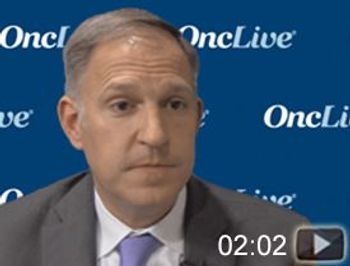
Peter Voorhees, MD, discusses the role of CAR T-cell therapy in multiple myeloma.

Toxicities like cytokine release syndrome, along with other factors, limit widespread use of CAR T-cell therapies, said Reona Sakemura, MD, PhD, postdoctoral researcher at the Mayo Clinic.
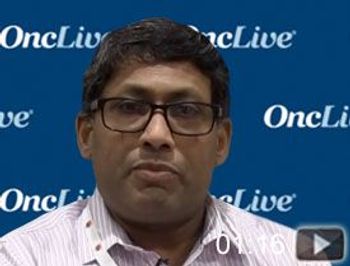
Parameswaran Hari, MD, MRCP, discusses the use of CAR T-cell therapy in patients with relapsed/refractory multiple myeloma.

Larry Anderson, MD, PhD, discusses emerging therapies for patients with multiple myeloma that were highlighted at the 2019 ASH Annual Meeting.
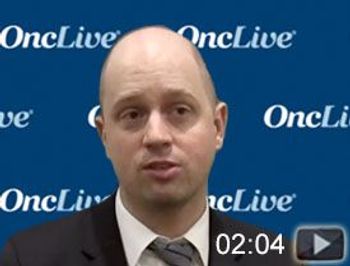
Andrew J. Cowan, MD, discusses efficacy and safety of BCMA CAR T-cell therapy in patients with relapsed/refractory multiple myeloma.